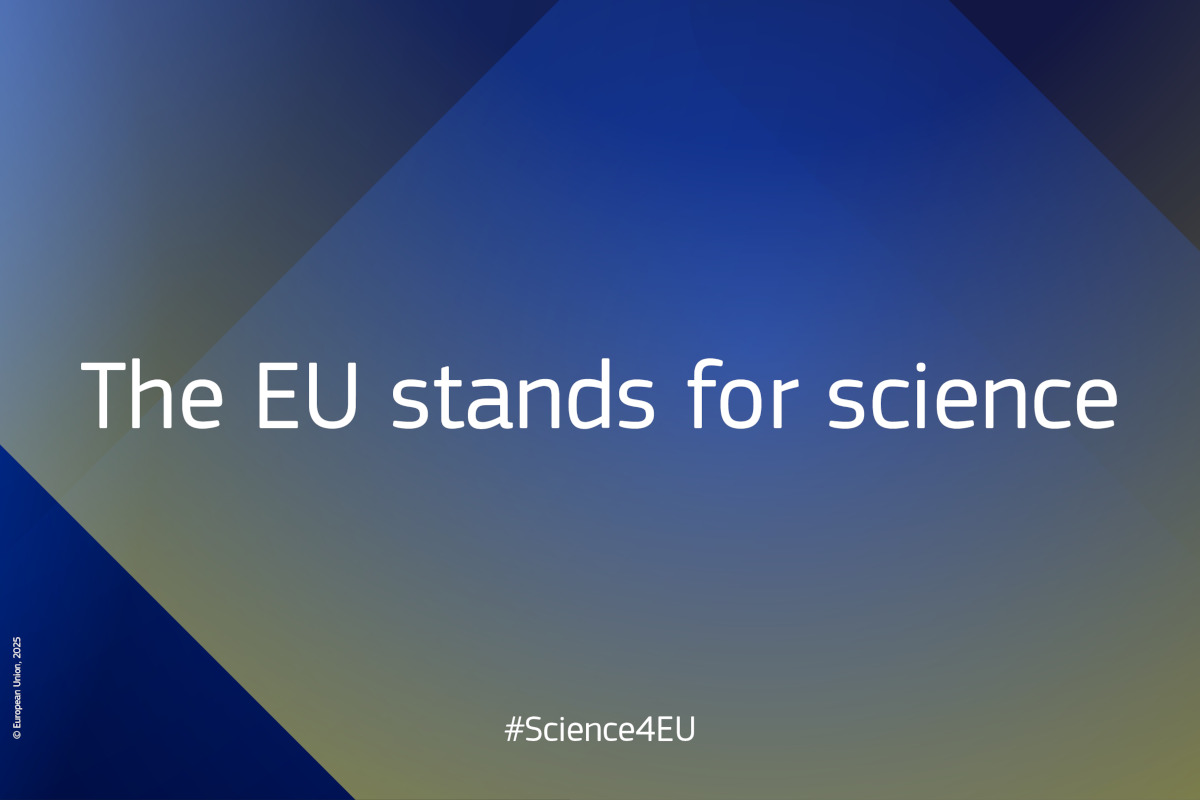EU-funded researchers and experts are joining forces across borders to combat child sexual abuse, exploitation and human trafficking using AI-powered solutions.
Special series

Science4EU
The Science4EU campaign shows how the EU stands for science. It shines a spotlight on the scientists, researchers, and innovators working with EU support to improve our lives and shape a better future for everyone.
Do you also stand for science?
Podcast
Media AV Portal Audio
More stories

EU-funded researchers are shedding light on how digital media use is impacting teenagers and what parents, teachers and policymakers can do about it.
Most popular
-
1
-
2By Michaela Nesvarova
-
3By Sofia Sanchez Manzanaro
-
4
-
5By Michaela Nesvarova
Top videos
Behind the screens: global teams unite against child abuse and trafficking
30 July 2025
Private video
30 July 2025
Past articles
EU-funded researchers are merging multidisciplinary expertise with AI tools to document, reconstruct and preserve Europe’s historical scents.
EU-funded researchers are using AI to transform nuclear technology, making medical scans safer, streamlining nuclear plant maintenance and allowing earlier prediction of earthquakes.
While Europe’s green agenda faces new pressures, sustainability leader Sandrine Dixson-Declève outlines why sustainable investment remains vital for economic strength, planetary health and future resilience.
From mosquito monitoring to sewage surveillance, EU-funded researchers are combining diverse data techniques to spot early signs of emerging infections before they strike.
EU-funded researchers have developed robust mini robots with advanced sensors to help search and rescue teams find survivors in the aftermath of earthquakes and other disasters.
The human brain is more powerful and energy-efficient than any computer. Scientists are imitating the way it works to produce better computer chips and help deal with the growing amounts of data generated every day.
By involving local communities, EU-funded researchers aim to restore marine ecosystems and turn citizens into ocean stewards.
From Mediterranean olive oil to Scandinavian fish, researchers are integrating digital technologies into Europe’s key food industries to crack down on counterfeit products.
Local and regional authorities play a crucial role in driving the shift toward a circular economy. Leading by example, Finland’s Tampere region is pioneering innovative solutions to cut waste in the construction sector and lower CO₂ emissions.
Across Europe, researchers and industry are making digital education better, smarter and more accessible. By building strong partnerships and sharing knowledge, they are helping shape a future where everyone benefits from high-quality online learning.
Europe’s expansive inland waterways remain underutilised despite their potential. Researchers and industry partners are developing innovative tools, such as digital simulations of river flows or blockchain-powered pollution control, that support smarter, more resilient and sustainable inland waterway transport.
As cities face growing climate and biodiversity challenges, EU-funded researchers are harnessing the power of nature to create greener, healthier and more resilient urban spaces.
Often overlooked, metrology – the science of measurement – underpins countless aspects of daily life, from accurately telling the time to ensuring the security of digital communications.
EU-funded researchers have brought supersolid light to life in the lab and are now exploring how this strange new state of matter could power real-world technologies.
EU-funded researchers are exploring the role of architecture in designing living spaces that harness the healing power of nature to improve the health and well-being of urban populations.
EU-funded researchers are accelerating the rollout of self-driving trucks on public roads to solve driver shortages and improve safety and sustainability in Europe’s logistics sector.
Endocrine-disrupting chemicals are everywhere – from plastics to cosmetics – silently affecting our reproductive health. EU-funded researchers are shedding light on the risks and developing better tests to protect future generations.
Four research institutions were named EU Gender Equality Champions for creating more inclusive and gender-equal research environments. With measures such as boosting parental support and mentoring, or tackling systemic barriers, they are paving the way for even more equality in the future.
Europe has a plan to boost growth and productivity, all while becoming the world’s first climate-neutral continent.
The future of urban mobility is near. EU-backed trials of driverless cars in public transport could make Europe’s city centres affordable, cleaner, safer, more efficient, inclusive and fair.




























